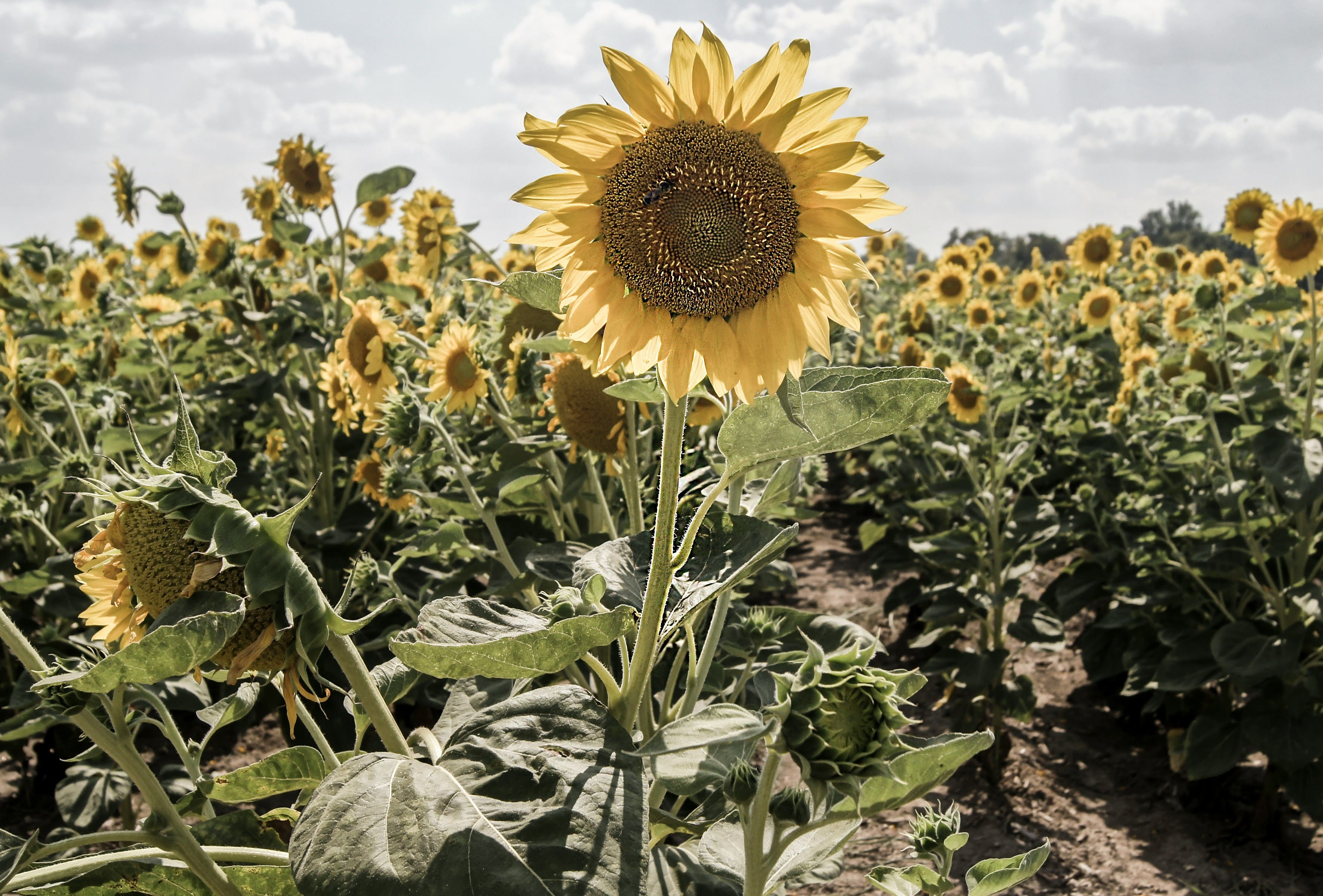Key Takeaways:
- A new report by Borneo Futures, under the IUCN Oil Crops Task Force, examines oil crops' environmental and social implications.
- Oil crops occupy 37% of global cropland and significantly contribute to biodiversity loss and human rights issues.
- The global demand for vegetable oil is projected to reach 288 million tons by 2050, emphasizing the need for sustainable production practices.
- The report advocates for improved practices rather than demonizing specific crops, highlighting the potential for positive outcomes with the right investments and policies.
- Stakeholders are encouraged to focus on production methods to address biodiversity loss, human rights issues, and ecosystem restoration.
Report Overview
Few topics provoke as many polarized views as oil crops, which are linked to conservation, human rights, and nutrition controversies. A new report by Borneo Futures, the host organization of the IUCN Oil Crops Task Force, offers fresh insights into these issues.
The report “The Future of Vegetable Oil—Oil Crop Implications: Fats, Forests, Forecasts, and Futures” highlights the significant role oil crops play in global agriculture, occupying 37% of global cropland. These crops are major contributors to biodiversity loss and are associated with various human rights violations, yet they are also essential sources of income and nutrition.
Sustainable Production Practices
The report emphasizes that all oil crops, including olive and coconut, can have negative impacts when produced unsustainably. It argues for focusing on sustainable production practices rather than demonizing specific crops. Professor Erik Meijaard, the report's lead author and co-chair of IUCN's Oil Crops Task Force, stated, “Positive outcomes can be achieved with all oil crops. With the right investment, planning, policies, and improved crop production methods, oil crop areas can offer substantial opportunities to reduce biodiversity loss, address human rights issues, and restore nature.”
Using oil palm as an example, Meijaard illustrates how sustainable management in African forests and village gardens contrasts with the negative impacts of monocultures that replace biodiverse Asian forests. “It is not the palm, but the context in which it is grown, that determines the impacts,” he said.
Challenging the Narrative
Malika Virah-Sawmy, co-chair of the IUCN Oil Crops Task Force, challenges the simplistic narrative that categorizes certain oil crops as inherently good or bad. She urges stakeholders to focus on production practices to address environmental and social issues.
The report reveals that areas currently cultivating maize and coconut present significant opportunities for reducing extinction risks of threatened species. However, the concentration of power in the global grain trade, with just four companies controlling 75-95%, challenges equitable agricultural practices.
Understudied Crops and Data Gaps
While the impacts of crops like oil palm and soybean are well-documented, others like peanuts and sesame remain understudied despite their association with ecosystem conversion and human rights concerns. This lack of data highlights the importance of informed public discourse to avoid unjustified polarization.
Professor Douglas Sheil, one of the report's authors, emphasized the need to shift focus from what is planted to how it is grown, traded, marketed, and consumed. “This report is our first attempt to overview practices, impacts, and standards and what can be done,” he said.
Read the complete report by IUCN here.
Photo by Krsto Jevtic on Unsplash


